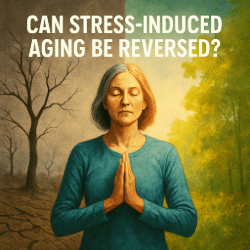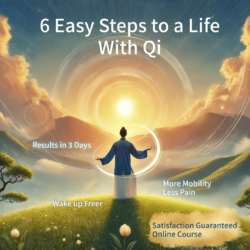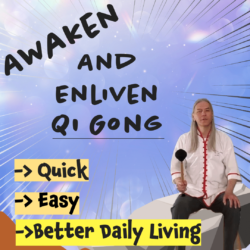Can Stress-Induced Aging Be Reversed? Here’s What Science Actually Says
Can stress-induced aging be reversed? Scientists say it’s possible to slow—and sometimes partially reverse—cellular damage caused by stress. Discover what the latest research reveals and why Qi Gong may be the most accessible way to restore vitality.


